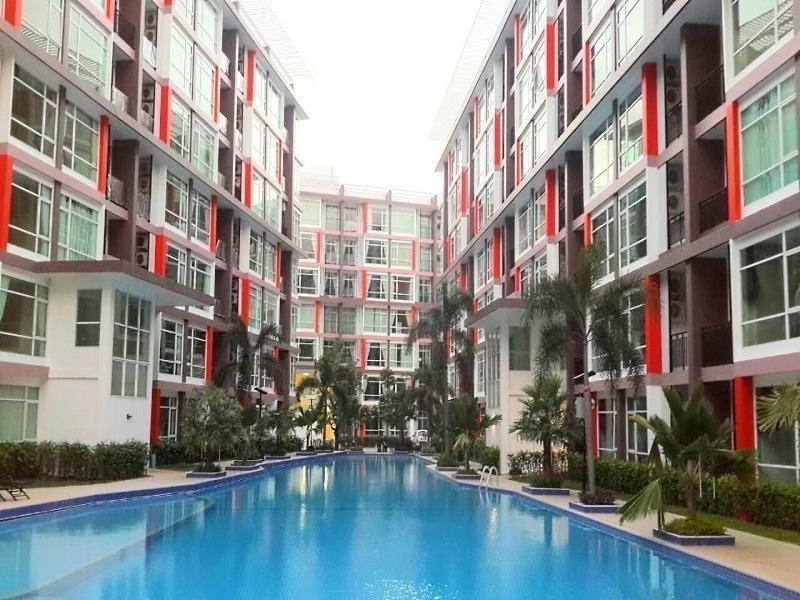The necessities for condominiums can differ based mostly on local legal guidelines, laws, and the specific insurance policies of the householders association (HOA) managing the condominium complex. However, there are a quantity of widespread aspects and requirements associated with condominium ownership. Here are some typical necessities for condominiums:
1. Legal Structure:
Condominiums are legal entities and have to be established in accordance with native laws and laws.
There should be a declaration that outlines the rights and obligations of unit owners, in addition to the frequent components of the property.
2. Homeowners Association (HOA):
A owners affiliation is usually formed to handle and keep the frequent areas and facilities of the condominium.

The HOA is answerable for setting and enforcing guidelines and rules, collecting charges, and making decisions associated to the condominium complicated.
3. Bylaws and Rules:
Condominiums usually have specific bylaws that define how the affiliation is run, including how conferences are conducted and how choices are made.
The condominium association units guidelines and rules governing the use of frequent areas, pet insurance policies, noise restrictions, and different features of group living.
four. Fees and Assessments:
Condo owners are required to pay common charges (often monthly) to the HOA. These charges cowl maintenance, repairs, insurance coverage, and other communal expenses.
Special assessments can be levied by the HOA for unexpected bills or main repairs.
5. Insurance:
The condominium affiliation usually carries insurance for common areas and the outside of the building.
Condo owners are usually responsible for insuring the inside of their items, in addition to private belongings.
6. Reserve Fund:
Condominiums typically have a reserve fund set aside for main repairs and replacements, ensuring that the affiliation can cowl important bills without imposing giant special assessments on owners.
7. Maintenance and Repairs:
The affiliation is liable for sustaining and repairing widespread areas and parts. This can include landscaping, constructing exteriors, roofs, and facilities like swimming pools and health facilities.
8. Meetings and Decision-Making:
The association holds regular conferences where selections in regards to the condo complex are made.
https://www.thehillhavens.com , such as finances approval and modifications to guidelines, are sometimes made via a voting process involving rental house owners.
9. Compliance with Local Laws:
Condominiums must comply with native zoning laws, building codes, and different laws relevant to housing developments.
It's important for potential apartment consumers to thoroughly review the HOA documents, together with the declaration, bylaws, and guidelines, before purchasing a unit. Understanding the necessities and laws may help people make knowledgeable choices about condominium possession..
